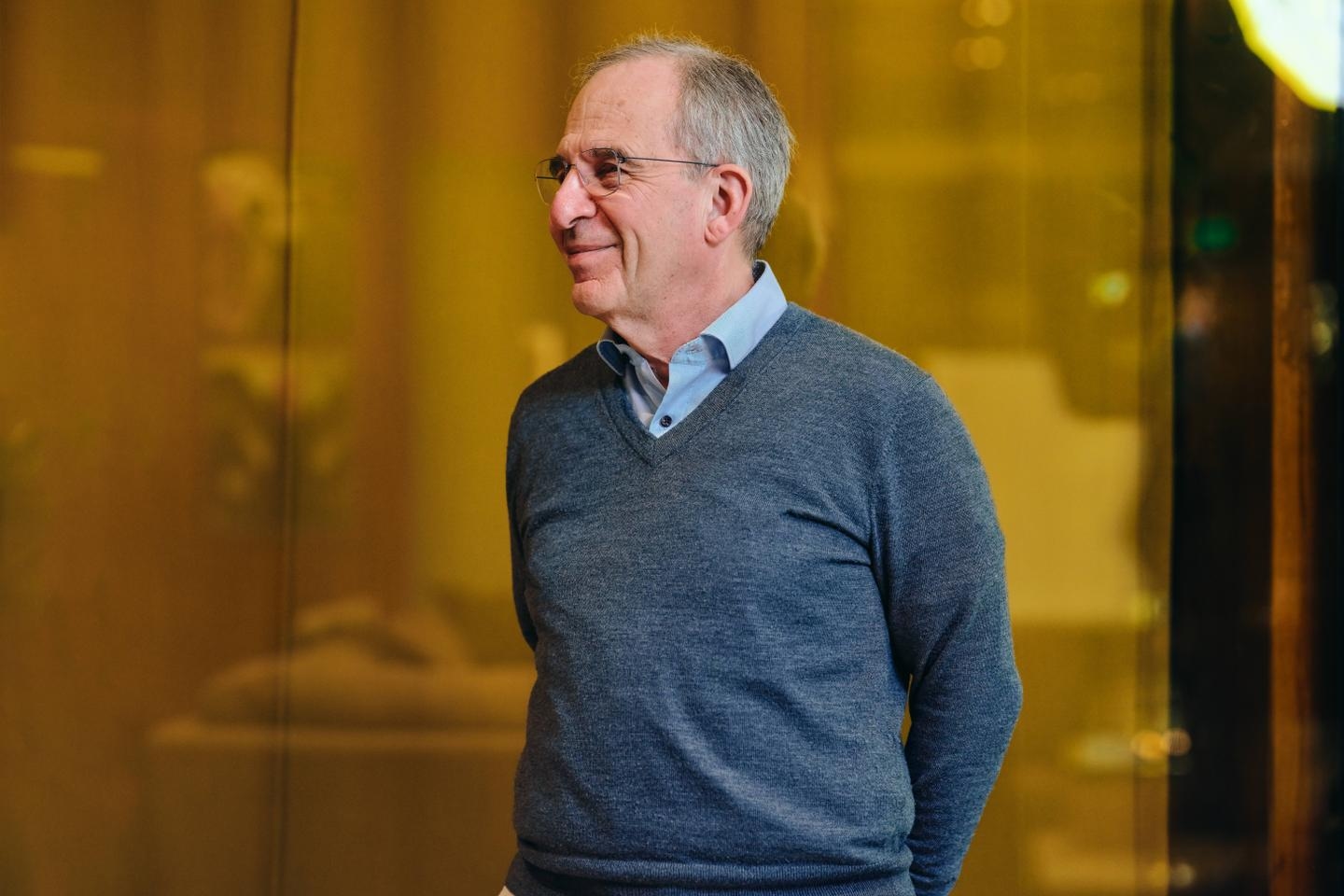Michel Devoret, Nobel Prize winner in Physics 2025, a scientist who "has fun" in the quantum tunnel

"I've branched off into a parallel universe," says physicist Michel Devoret, 72, still in shock, a few days after receiving a Nobel Prize on October 7, along with Briton John Clarke and American John Martinis. He almost finds himself in two states at once, like the quantum objects he studies. Happy, of course, but also nervous and annoyed at being seen as self-centered, even though he never stops praising these "excellent" colleagues, co-winners, or members of the various teams he has worked with.
The metaphor is not insignificant since this trio of researchers is being rewarded for having demonstrated that quantum mechanics, the preserve of the infinitely small, can have astonishing macroscopic effects, such as the tunnel effect, which the Swedish Academy, in presenting the prize, compared to a bullet going through a wall. "I prefer the image of a particle locked in a prison and escaping through a tunnel," corrects Michel Devoret, illustrating, from California, by videoconference, his art of metaphors.
"He has a great knowledge of cinema, theater and comics which nourishes him to create images that are a little crazy, but accurate," appreciates Zaki Leghtas, professor at the Ecole des Mines, who worked for several years with the winner. The latter had also started during the Covid-19 pandemic a course with a colleague from Yale University, in Connecticut, on cinema and physics: he showed the way in which Rear Window (1954), by Alfred Hitchcock, illustrates The role of the observer in quantum physics, a fundamental question still debated. Bold, but the fruit of a long embrace with science.
You have 84.7% of this article left to read. The rest is reserved for subscribers.
Le Monde





